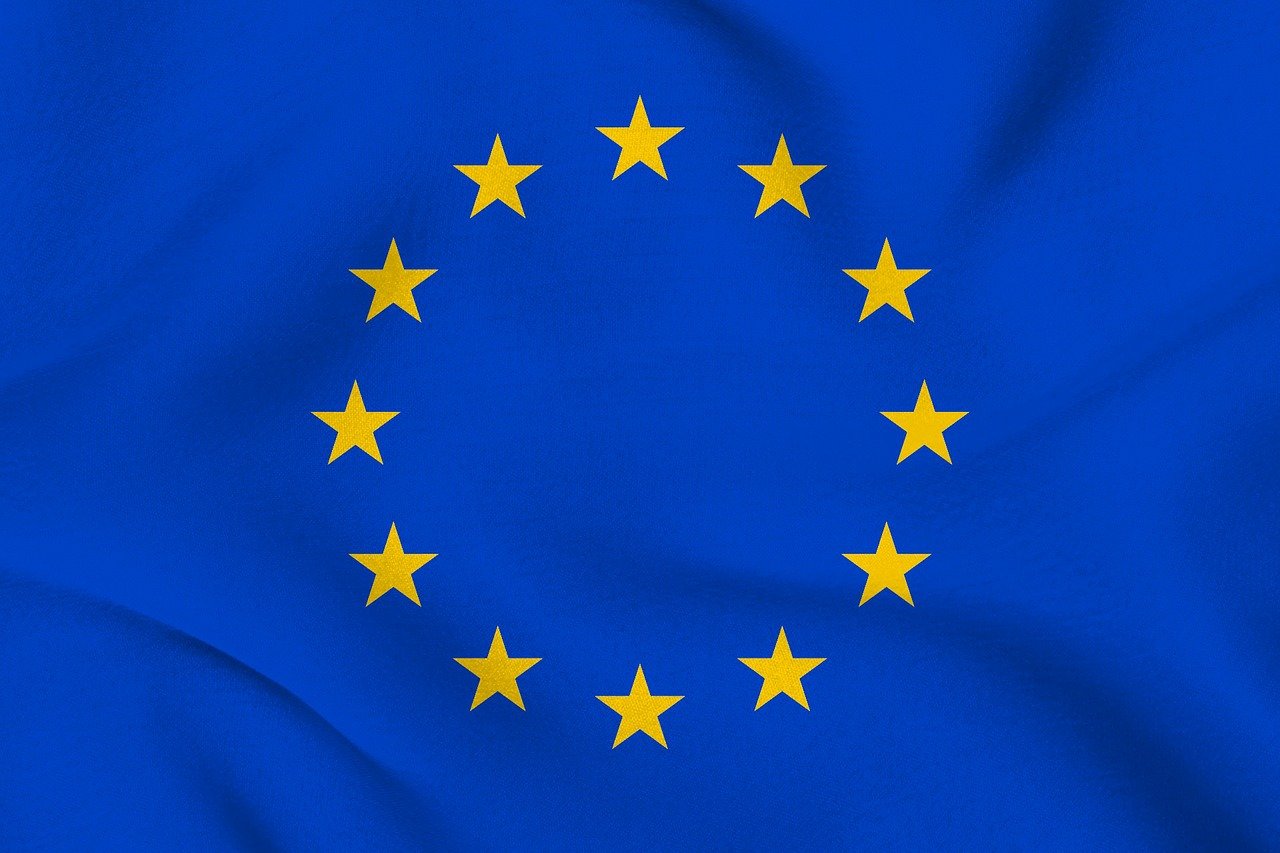EU Targets Anonymous Crypto with 2027 Ban on Privacy Coins and Accounts
05.05.2025 22:00 1 min. read Alexander Stefanov
Starting in 2027, the European Union will enforce strict anti-money laundering laws that effectively outlaw anonymous crypto activity.
Tokens that mask user identities, such as Monero and Zcash, will no longer be permitted within EU-regulated platforms, and crypto companies will be barred from offering untraceable accounts.
These rules form part of a sweeping regulatory overhaul aimed at increasing transparency across both traditional finance and the digital asset sector.
While the core legislation has been finalized, implementation details are still being hashed out by the European Banking Authority, which is tasked with translating the rules into enforceable standards.
Crypto firms operating across multiple EU nations will face heightened scrutiny. A new supervisory body, AMLA, will begin monitoring the largest players—those serving tens of thousands of customers or moving over €50 million in transactions.
Initial oversight will target 40 major firms, with mandatory identity checks on crypto transfers above €1,000.
Although the regulatory push has drawn criticism from privacy advocates, EU policymakers argue it’s a necessary step toward cleaning up the crypto space and preventing misuse.
-
1
UK Sets 2026 Deadline for Crypto Firms to Report Every User Transaction
19.05.2025 17:00 2 min. read -
2
U.S. Senate Advances Stablecoin Bill After Bipartisan Breakthrough
21.05.2025 18:00 1 min. read -
3
Ripple’s RLUSD Stablecoin Gains Approval in Dubai, Set to Support Real Estate Tokenization
03.06.2025 14:05 1 min. read -
4
Pakistan to Launch National Crypto Authority for Digital Asset Oversight
23.05.2025 13:00 2 min. read -
5
Florida Pushes for Zero State Tax on Crypto and Stock Gains
26.05.2025 21:00 1 min. read
Ripple’s RLUSD Stablecoin Gains Approval in Dubai, Set to Support Real Estate Tokenization
Ripple’s RLUSD stablecoin has received the green light from the Dubai Financial Services Authority (DFSA), paving the way for its use in the Dubai International Financial Centre (DIFC).
SEC Is Backing Away from Memecoin Regulation – Here’s Why
The U.S. Securities and Exchange Commission has made it clear it will no longer involve itself in regulating memecoins—tokens often driven by internet culture, hype, and political branding.
U.S. Lawmakers Push Forward with Crypto Regulatory Reform
Efforts to bring much-needed legal structure to the U.S. digital asset market took a leap forward with the introduction of the Digital Asset Market Clarity Act—a bill designed to lay the groundwork for coherent crypto regulation.
Thailand Looks to Crypto for Tourism Boost and Financial Reform
Thailand is preparing to weave digital assets into its tourism and financial infrastructure, starting with a pilot program that would let visitors pay in crypto through card-linked platforms.
-
1
UK Sets 2026 Deadline for Crypto Firms to Report Every User Transaction
19.05.2025 17:00 2 min. read -
2
U.S. Senate Advances Stablecoin Bill After Bipartisan Breakthrough
21.05.2025 18:00 1 min. read -
3
Ripple’s RLUSD Stablecoin Gains Approval in Dubai, Set to Support Real Estate Tokenization
03.06.2025 14:05 1 min. read -
4
Pakistan to Launch National Crypto Authority for Digital Asset Oversight
23.05.2025 13:00 2 min. read -
5
Florida Pushes for Zero State Tax on Crypto and Stock Gains
26.05.2025 21:00 1 min. read


